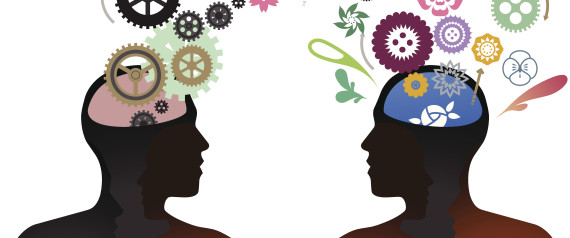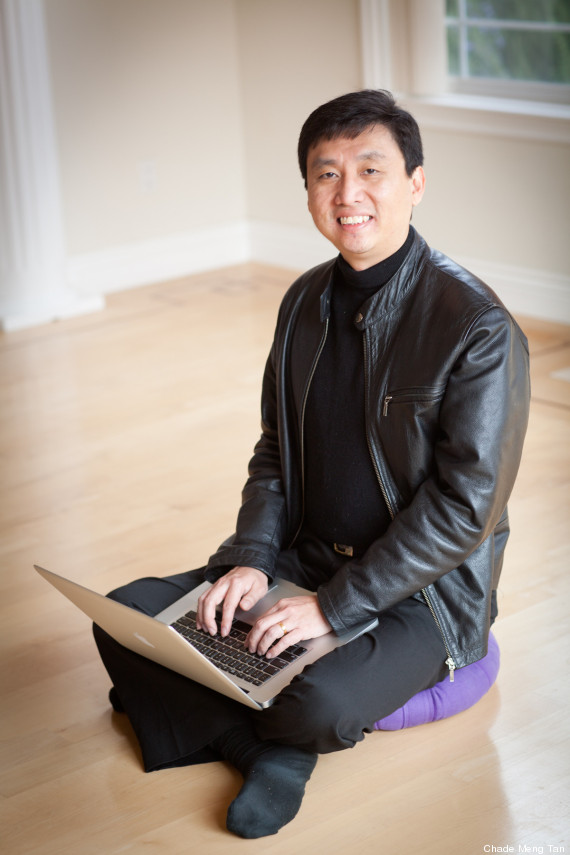
Published on Oct 22, 2013
Schumann Resonance
Confirmed in 1954 when measurements by Schumann and König detected resonances at a main frequency of 7.83 Hz. In the years following this discovery, several investigators worldwide have researched "Schumann resonance" and a number of properties and characteristics have now been established.
Schumann Resonance Properties
The spherical earth-ionosphere cavity is created by the conductive surface of the earth and the outer boundary of the ionosphere, separated by non-conducting air. Electromagnetic impulses are generated by electrical discharges such as lightning, the main excitation source, and spread laterally into the cavity. Lightning discharges have a "high-frequency component", involving frequencies between 1 kHz and 30 kHz, followed by a "low-frequency component" consisting of waves and frequencies below 2 kHz and gradually increasing amplitude. This produces electromagnetic waves in the very low frequency (VLF) and extremely low frequency (ELF) ranges.
ELF waves at 3 Hz to 300 Hz are propagated as more or less strongly attenuated waves in the space between the earth and the ionosphere, which provides a waveguide for the signals. Certain wavelengths circumnavigate the earth with little attenuation due to the fact that standing waves are formed within the cavity, the circumference of which is "approximately equal to the wavelength which an electromagnetic wave with a frequency of about 7.8 Hz would have in free space" (König, 1979, p34). It is the waves of this frequency and its harmonics at 14, 20, 26, 33, 39 and 45 Hz that form Schumann Resonances.
Dr König carried out further measurements of Schumann resonance and eventually arrived at a frequency of exactly 7.83 Hz, which is even more interesting, as this frequency is one which applies to mammals. For instance, septal driving of the hippocampal rhythm in rats has been found to have a minimum threshold at 7.7 Hz (Gray, 1982).
This relationship has been explored by a number of investigators. For further information see Natural electromagnetic fields research on the h.e.s.e. project website.
YIN and YANG
During his research Dr Ludwig came across the ancient Chinese teachings which state that Man needs two environmental signals: the YANG (masculine) signal from above and the YIN (feminine) signal from below. This description fits the relatively strong signal of the Schumann wave surrounding our planet being YANG and the weaker geomagnetic waves coming from below, from within the planet, being the YIN signal
Research carried out by E.Jacobi at the University of Duesseldorf showed that the one sided use of Schumann (YANG) wave simulation without the geomagnetic (YIN) signal caused serious health problems. On the other hand, the absence of Schumann waves creates a similar situation.
Mankind depends on two subtle environmental signals, the Yin from below and the Yang from above.
Read More Here : http://www.earthbreathing.co.uk/sr.htm
.........................
SBaGen Binaural Wave Generator and Gnaural - 1.0.20110606 and Gold Wave software additions were included in this video.
Images Wikimedia Commons 3.0 Unported
Mount Kimabalu by Nep Grower
Blue Faced Honey Eater By Kati Flemming
Canopy Walk by Dirk Van Der Made
Pamukkale Turkey by Denverbabushka
Rainy Huts Equador by Glorious Journey Photography
Rain in Tena by Prissantenbär
Audio Free Sounds.com Creative Commons 3.0 unported
Rain and Birds by Inchadney
.....................
Best Results Achieved With Headphones....
......................
7.83hz has long been known as the Earths Resonance
183.58Hz associated with growth, success, justice, spirituality, generosity
172.06Hz joyful, cheerful, spiritual effect
..................
All comments are welcomed at:
http://echosfromtheabyss.wordpress.com/
http://echosfromtheabyss.blogspot.com/

































